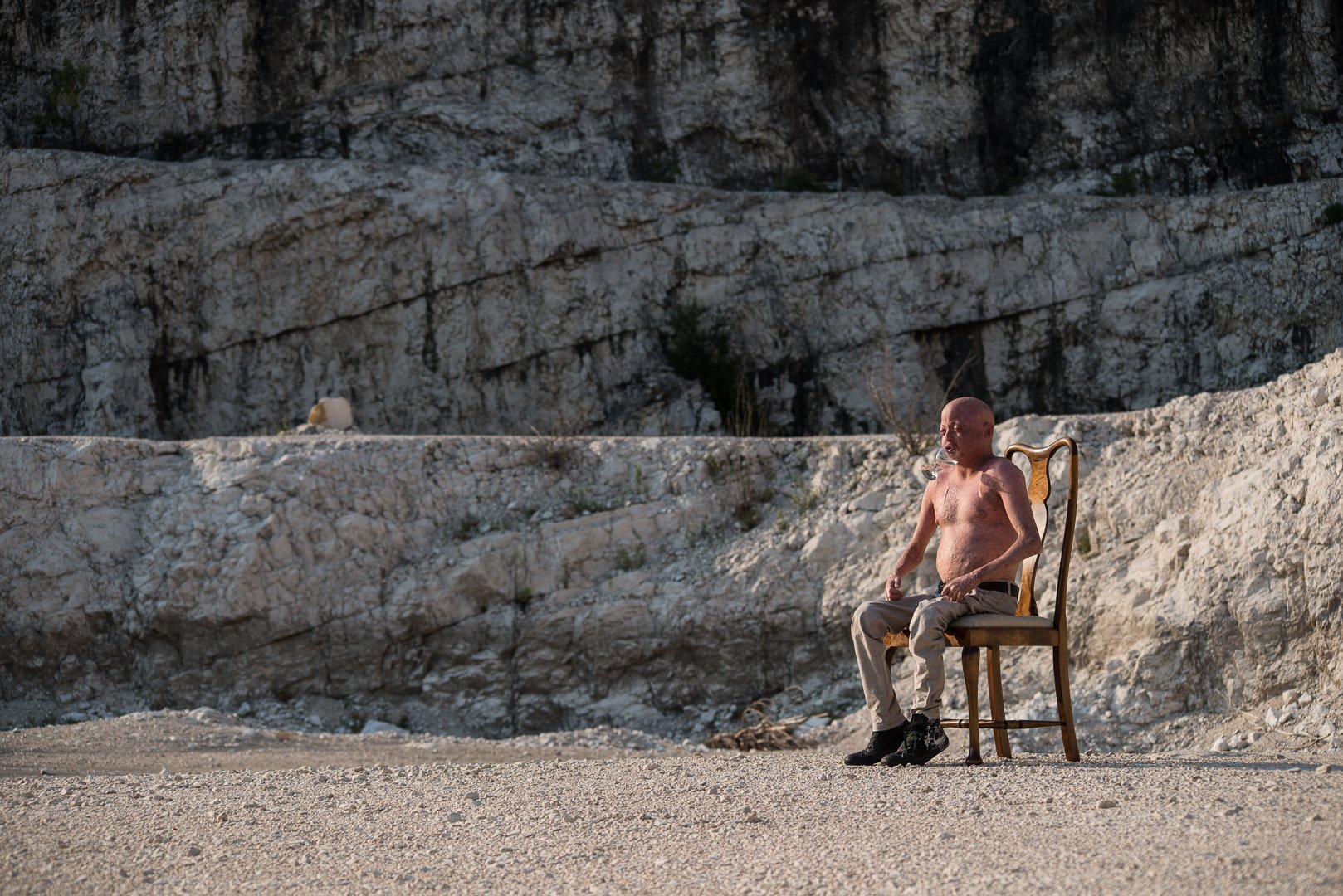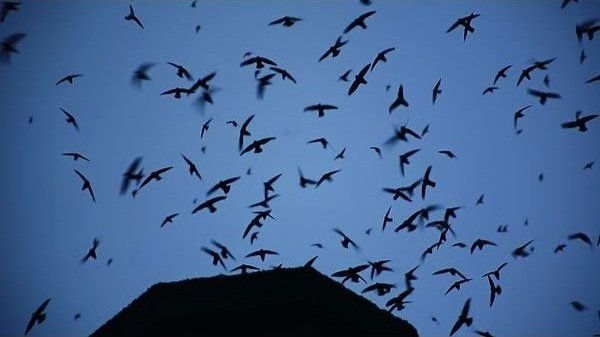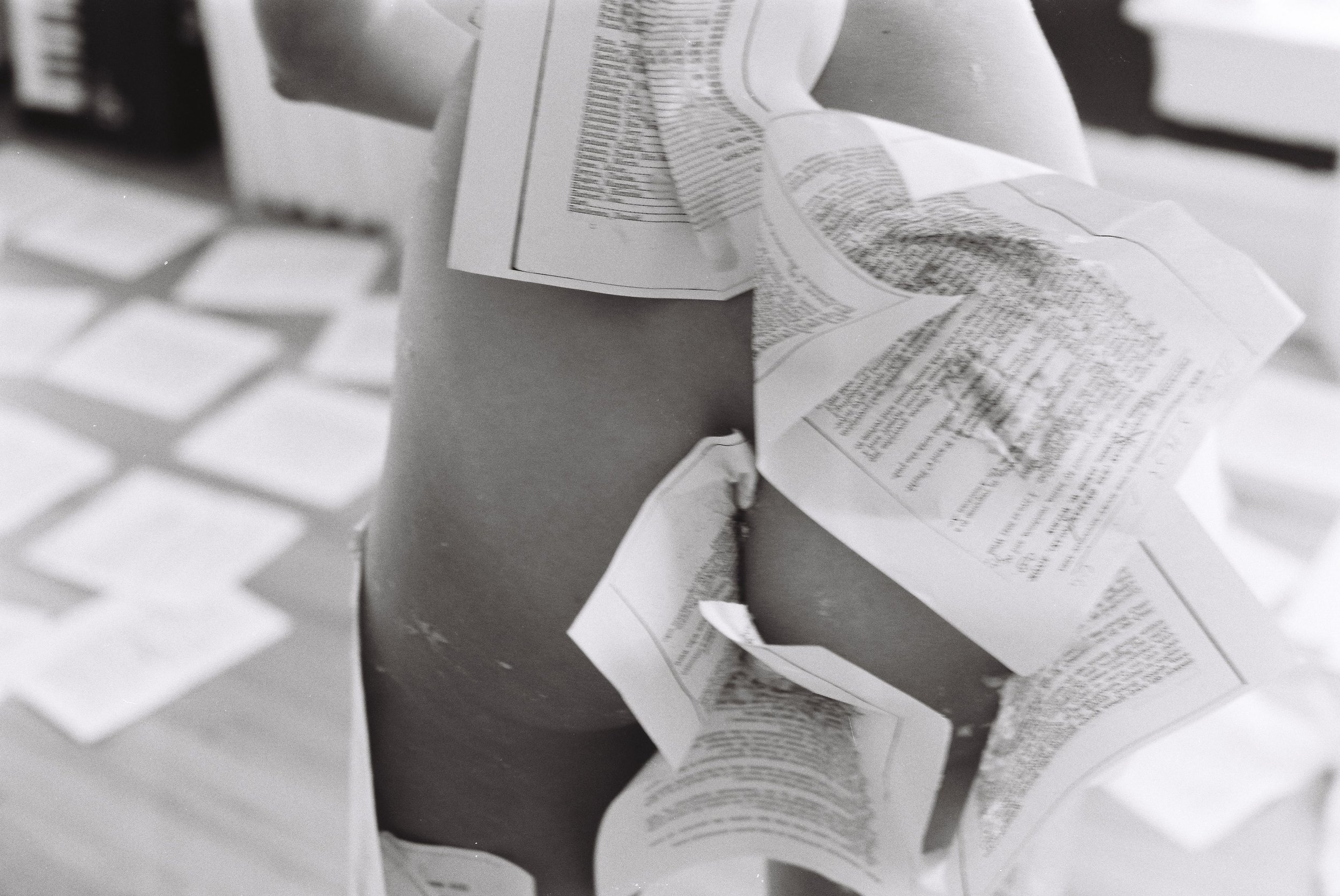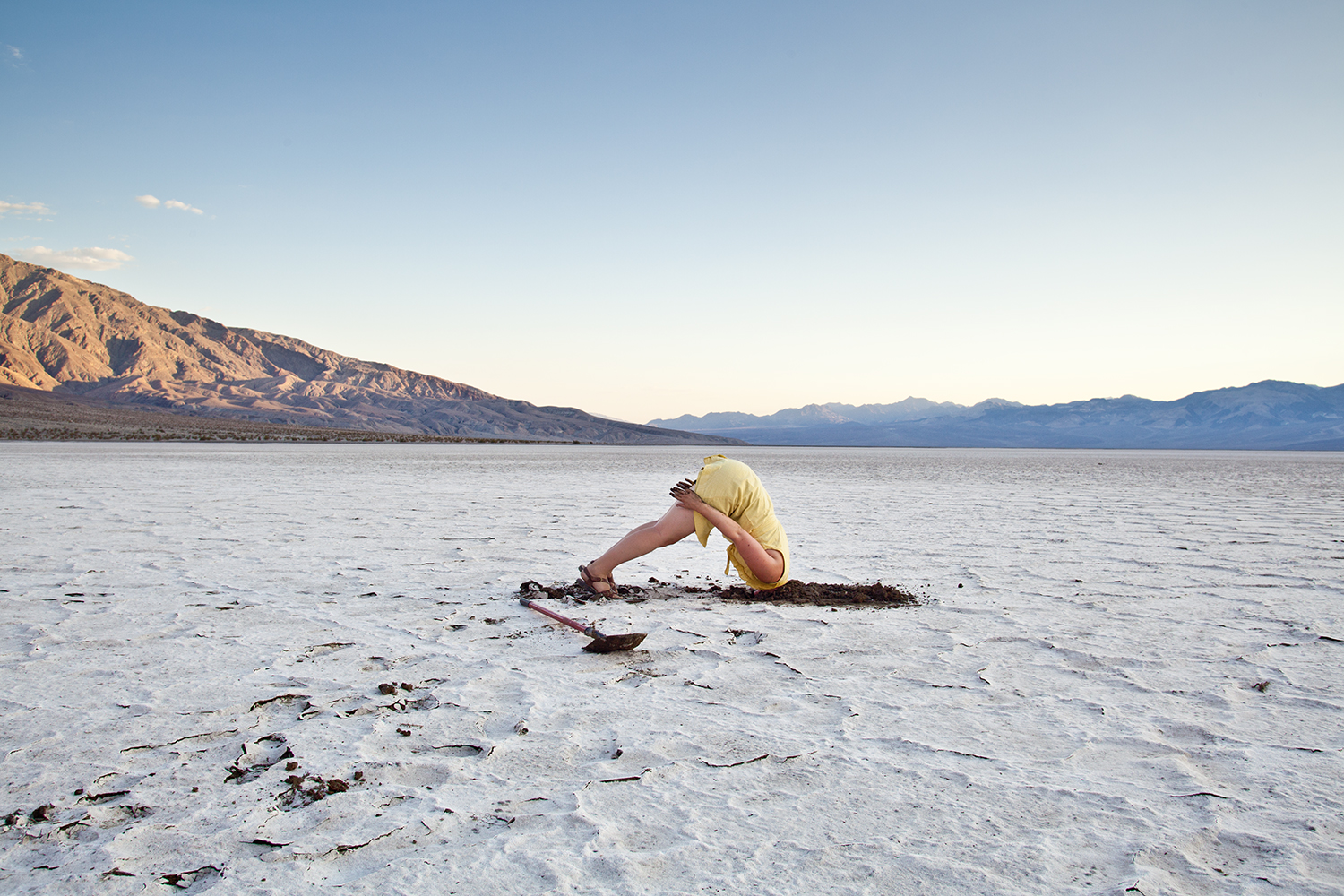Video, as a form of art, is seldom seen on display in galleries when compared to mediums like paintings, sculptures or photographs. It requires a certain space and environment that can be more involved, and it asks for the viewer to be an active participant as well, watching it from start to finish to really take it all in.
Jenna Maurice, a former college professor currently in residence at Redline Contemporary Art Center, and Adán De La Garza, the sole member of the anonymous video screening series Collective Misnomer, are the eclectic pair and founders behind the first ever Denver Month of Video — cleverly abbreviated as MOV, like the file format — launching Saturday, July 1.
The goal is to showcase video work being created by local and international artists and to see more video art in Denver. The festival has been in the works for a couple of years, having been put off due to concerns about COVID and hiccups like potential funders dropping out. Featuring over 85 artists, MOV will now be on display across nine different venues in the city, like the Denver Art Museum and the Union Hall Art Space. Thanks to several donations, including two grants from Warm Cookies Of The Revolution and the experimental art space Understudy, plus many of the gallery spaces putting in their own resources, this project is finally underway.

“Y’know, Denver has this festival called ‘Month of Photography’, and we’ve always been like, what about Month of Video?” Maurice said. “Being in the art community here in Denver, there is a gallery where you can see a painting, a photo, a sculpture any day of the year. That is not true for video work – there’s no place where you can go see a video.”
Much of the planning and work that’s gone into the festival is the product of having been a part of the community for so long and making a swath of connections across all that time. It boils down to creatives supporting each other in what amounts to a month-long art party for that circle while also focusing on raising awareness of what video art is.
Maurice mentions there are two main ways to experience the festival throughout the month. The first is the exhibitions going on all month long at all nine venues, where these exhibitions will be focusing on video art and the one-night screenings every Saturday in July – of which there are five this year – with events including receptions where attendees can meet with the curators and artists.

“We wanted it to kind of stretch out so that people didn’t get exhausted like ‘Oh there’s two events on Friday, we can only go to one’ and they get burnt out,” De la Garza said. “We even kind of struggled with the word ‘festival’ because it has other connotations and I feel like they’re usually shorter.”
There’s time to experience what MOV has to offer, regardless of someone’s schedule. As well as being available all month long, it’s also entirely free. De la Garza emphasized that, saying “Every event is free. Every screening, every opening, exhibition, everything is free to the public.”

As an inaugural, never-before-done event, measuring its success of it is crucial to see what worked and what may need improvement in the future. Maurice focuses on providing access points for those curious about the medium and providing an idea of what video art really is, in several forms, demystifying it. De la Garza, succinctly, believes that the main success is that it happens.
“In its barebones, if people show up, and see the work, and every artist gets paid, that’s success. I feel like in some ways, it just has to happen.”
All images provided by Jenna Maurice






